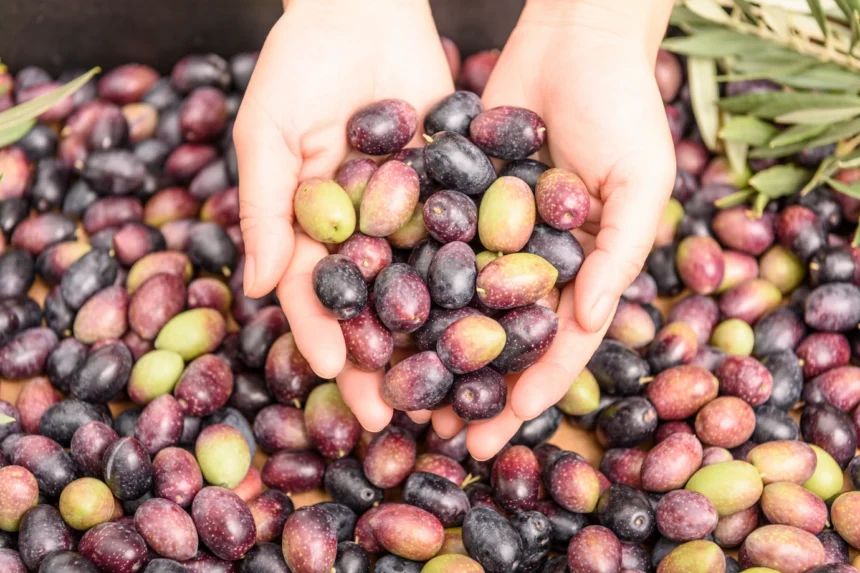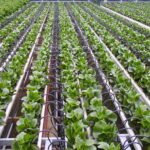Olive cultivation in South Africa is indeed gaining popularity, with many farmers and enthusiasts tapping into the Mediterranean charm of the region. The Mediterranean climate in certain parts of South Africa, particularly in the Western Cape, offers ideal conditions for olive trees to thrive and produce high-quality olives.
The cultivation of olives in South Africa dates back to the early 1900s when Italian immigrants introduced olive trees to the region. Over the years, the industry has expanded, and South Africa now boasts several olive-growing regions, including the renowned Riebeek Valley, Tulbagh, Swartland, and the Breede River Valley.
The Mediterranean climate in these areas is characterized by hot, dry summers and mild, wet winters, which closely resemble the climate of traditional olive-growing regions like Italy, Spain, and Greece. These conditions create an optimal environment for olive trees, allowing them to produce fruit with excellent flavor and quality.
In recent years, there has been an increased interest in olive cultivation among South African farmers due to the rising demand for olive oil and table olives. Olive oil, in particular, has gained popularity for its health benefits and versatility in culinary applications. As a result, more farmers are establishing olive groves and investing in olive oil production.
Apart from the suitable climate, South Africa’s diverse soil types contribute to the success of olive cultivation. The country’s terroir provides a range of soil profiles, including sandy loam, clay, and shale, which offer different characteristics to the olives, resulting in a variety of flavors and aromas.
The growth of the olive industry has also led to the emergence of olive festivals, where visitors can learn about olive cultivation, taste different olive oils and table olives, and experience the Mediterranean ambiance. These festivals attract both locals and tourists, offering a unique opportunity to explore South Africa’s olive culture.
In addition to the economic benefits, olive cultivation contributes to the environmental sustainability of the region. Olive trees are well-suited to dryland farming, requiring minimal irrigation once established. Their deep roots can access groundwater, making them relatively drought-tolerant compared to other crops. Furthermore, olive orchards provide habitat for beneficial insects and wildlife, promoting biodiversity in agricultural landscapes.
Overall, the Mediterranean charm of South Africa has enticed farmers and enthusiasts to venture into olive cultivation. With its favorable climate, diverse soils, and increasing demand for olive products, South Africa’s olive industry is poised for further growth, adding to the country’s agricultural diversity and offering a unique taste of the Mediterranean in an African setting.








